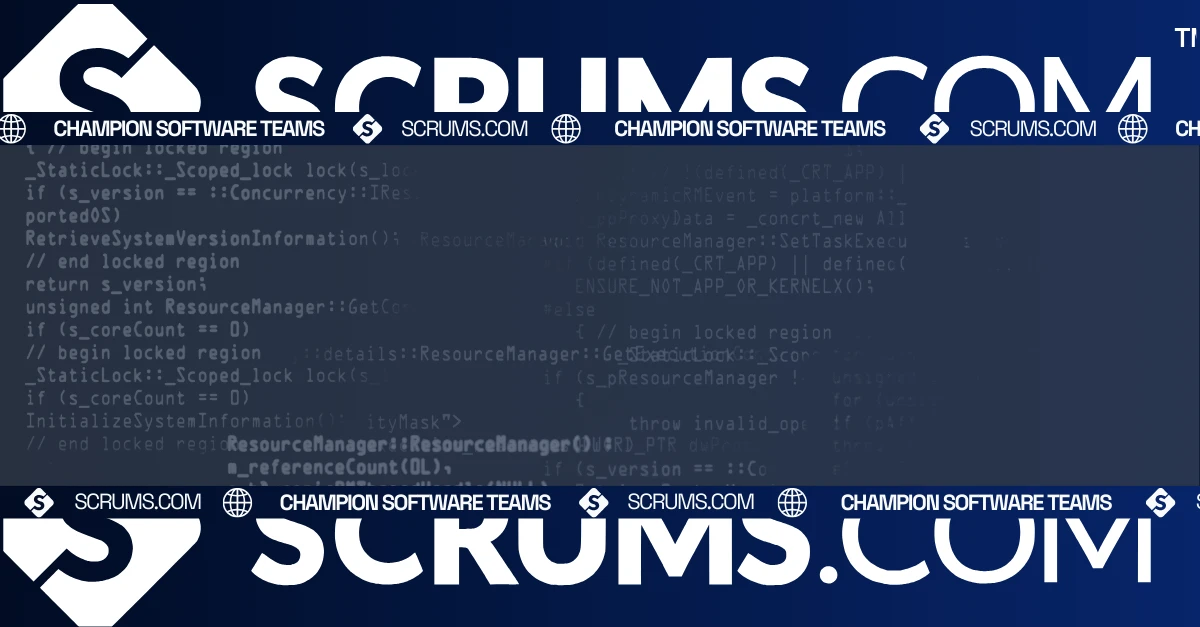OpenMAMA: Open Middleware Agnostic Messaging API
Repository Overview
OpenMAMA (Open Middleware Agnostic Messaging API) is an open-source middleware-agnostic API developed under the Linux Foundation. It provides a unified interface for developers to manage real-time market data integration across different middleware technologies. The repository is designed for software developers, financial institutions, and software development companies looking for a high-performance, scalable, and vendor-neutral solution for building messaging applications.
Information compiled in September 2024, information is subject to change:
- Stars on GitHub: 144
- Forks: 53
- Contributors: 29
- Last Update: March 2023
Core Features and Benefits
Middleware-Agnostic Interface: OpenMAMA provides a consistent API that supports multiple middleware platforms, enabling seamless integration without needing to rewrite core code.
High Performance with Low Latency: Optimized for environments where low latency and high throughput are critical, such as high-frequency trading and real-time data analytics.
Flexible and Extensible Architecture: OpenMAMA is highly customizable, allowing developers to add middleware plugins and adapt the system to their specific needs.
Comprehensive Data Models: Supports a variety of data types, including market data, news, and administrative messages, providing a broad foundation for diverse applications.
Cross-Platform Compatibility: Compatible with Linux, Windows, and Solaris, making it a versatile choice for development environments.
Benefits for Developers:
- Simplifies integration with multiple middleware providers, reducing time and effort.
- Provides a consistent, easy-to-use API, lowering the barrier to entry for new developers.
Benefits for Business Stakeholders:
- Lowers costs by reducing vendor lock-in and increasing flexibility.
- Enhances system performance, which is crucial for financial services and other data-intensive sectors.
Use Cases
Financial Trading Platforms: OpenMAMA is commonly used in financial trading applications where real-time data processing is critical. For instance, a trading system can use OpenMAMA to connect to various data feeds and distribute market data without being tied to a single middleware provider.
Market Data Distribution Solutions: Companies specializing in market data distribution utilize OpenMAMA to provide clients with flexibility in choosing middleware solutions while maintaining a consistent API layer.
Risk Management Applications: OpenMAMA is also applied in risk management systems that need to ingest and analyze real-time data, enabling financial firms to make informed decisions promptly.
Getting Started Guide
Installation: Clone the repository from GitHub and build using CMake:
git clone https://github.com/OpenMAMA/OpenMAMA.git
cd OpenMAMA
cmake .
make
make install
Configuration: Edit the mama.properties file to configure middleware bindings specific to your environment.
Sample Application: Use the mamapublisher sample app to publish data using OpenMAMA:
./mamapublisher -mwm "middleware_name" -s "subject"
Documentation and Support: Refer to the official OpenMAMA documentation for comprehensive guides and tutorials.
Community and Support
OpenMAMA is backed by a strong community of developers, financial firms, and software development companies. Key resources include:
GitHub Issues: For reporting bugs, requesting features, and engaging in community discussions.
Mailing Lists and Forums: Platforms where developers can collaborate, ask questions, and share best practices.
Documentation: Extensive guides, API references, and tutorials available on the OpenMAMA website.
Integration Possibilities
OpenMAMA is designed to work with various middleware platforms, such as Solace, LBM, and ZeroMQ. Its flexible architecture allows for custom middleware plugins, enhancing adaptability and enabling seamless integration with other data processing frameworks like Apache Kafka, making it ideal for building complex, distributed systems.
Performance and Scalability
OpenMAMA is optimized for high-performance environments, capable of handling millions of messages per second. It supports both small-scale applications and large, distributed systems, making it a scalable option for financial trading and real-time data analytics platforms.
Licensing and Security Considerations
OpenMAMA is licensed under the LGPL 2.1 license, providing flexibility for both open-source and proprietary projects. This licensing allows users to integrate and redistribute the software under specific conditions, ensuring wide adoption across different sectors. The community actively manages security, with known issues promptly addressed through updates available on GitHub.
Maintenance and Longevity
As part of the Linux Foundation, OpenMAMA benefits from active maintenance and continuous contributions from a diverse group of developers and organizations. Regular updates ensure the repository remains aligned with the latest industry standards and technologies, offering a reliable solution for long-term projects.
Alternatives and Comparisons
Apache Kafka: A powerful option for distributed data streaming but lacks the middleware-agnostic capabilities that OpenMAMA offers.
ZeroMQ: A lightweight, high-performance messaging library that requires more development effort to achieve the same middleware flexibility provided by OpenMAMA.
Solace PubSub+: A proprietary solution known for its high performance but lacks the open-source community backing and flexibility of OpenMAMA.
Our Recommendation
Why Choose OpenMAMA? If your organization needs a flexible, middleware-agnostic messaging API optimized for high-performance environments, OpenMAMA offers a robust and scalable solution. It is particularly suited for software development companies, financial institutions, and enterprises that want to avoid vendor lock-in and reduce integration costs.
Common FAQs Around this Code Repo
OpenMAMA is used for real-time data distribution across various middleware platforms, commonly in finance, telecommunications, and IoT sectors.
Yes, OpenMAMA is open-source and licensed under the LGPL, allowing both commercial and non-commercial use.
OpenMAMA provides a standardized API that allows easy integration with different middleware solutions without changing the application code.
OpenMAMA offers middleware agnosticism, low-latency data distribution, and a strong community, making it ideal for complex, real-time systems.
Yes, users can access support via GitHub, community forums, and mailing lists, where contributors actively engage and provide assistance.
Explore Software Development Blogs
The most recent trends and insights to expand your software development knowledge.






